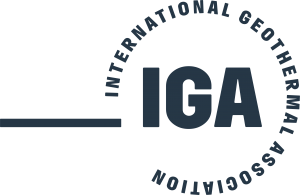Green Pipeline: The Oil and Gas to Geothermal Connection
The Green Pipeline is an effort to determine and contextualize the technical research and demonstration needs of the oil and gas sectors in pivoting to geothermal resources. There is a new awareness by the energy industry of the need to diversify their portfolio that was accelerated in the last 18 months from the impact of COVID-19 on world consumption changes as well as the arrival of broad political consensus to address climate change. As a result, in early 2021, a team of geothermal professionals developed and publicly distributed a survey instrument with an International Geothermal Association (IGA) supported team reviewing the results.
The survey responses highlighted well-known high-level challenges, yet few provided detailed research and demonstration challenges. The range in size and types of geothermal projects makes it difficult to say any one detail or technology will increase geothermal development.
Some examples of the high level challenges identified include:
- Improved rate of penetration in harder and deeper rock, at higher temperatures, and wider bore diameters,
- Derisking through improved exploration and regional 3D modelling,
- Monitoring tools and wellbore production optimization,
- Increase the rate of sustainable heat production per well,
- Control fluid permeation through large volume of rock,
- Increased heat conversion efficiency at lower delta T’s and lower flows,
- Longer equipment lifetime in geothermal environments,
- Reduction in induced seismicity and subsidence challenges,
- Decreased O & M costs, lateral training of oil and gas professionals, and
- Low-cost, efficient, standardized surface power plants for low-enthalpy resources.
Quotes attributable to the Technical Team
“The responses to the Green Pipeline survey showed clear call for numerous demonstration projects in parallel, at scale, and across the full thermal suite of geothermal resources. This is how we get to geothermal anywhere.” said Lawrence Molloy, Project Director.
Maria Richards with the SMU Geothermal Laboratory in Dallas, Texas said: “The Green Pipeline initiated the framework on how we can move forward with a technology roadmap for the oil and gas pivot to geothermal”.
“Technical responses to the survey included suggestions in exploration, drilling, reservoir management, and surface systems as well as various (and rapidly proliferating) drilling techniques.” Graeme Beardsmore, IGA Board Member and Technical Team Member
You can Download the report here:

